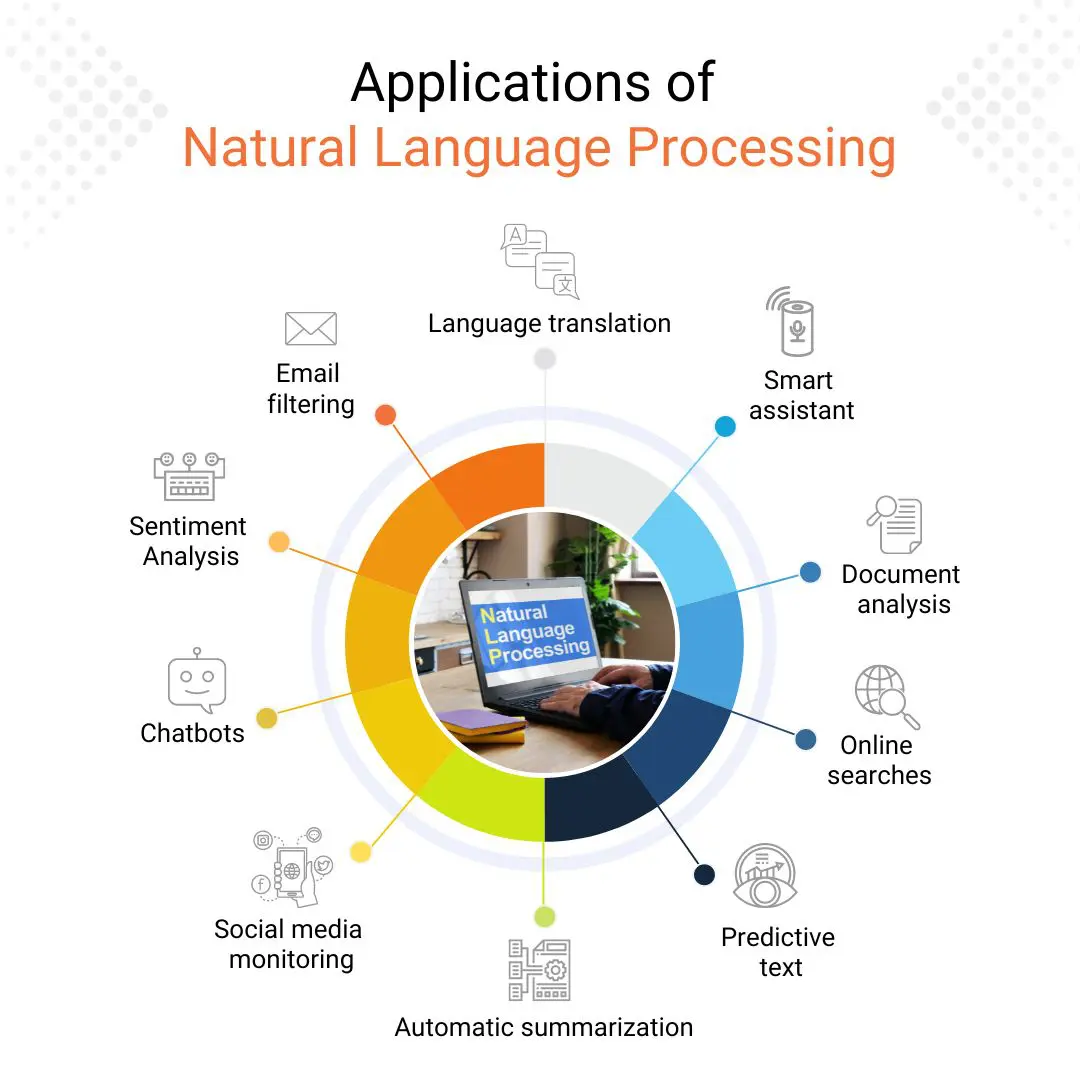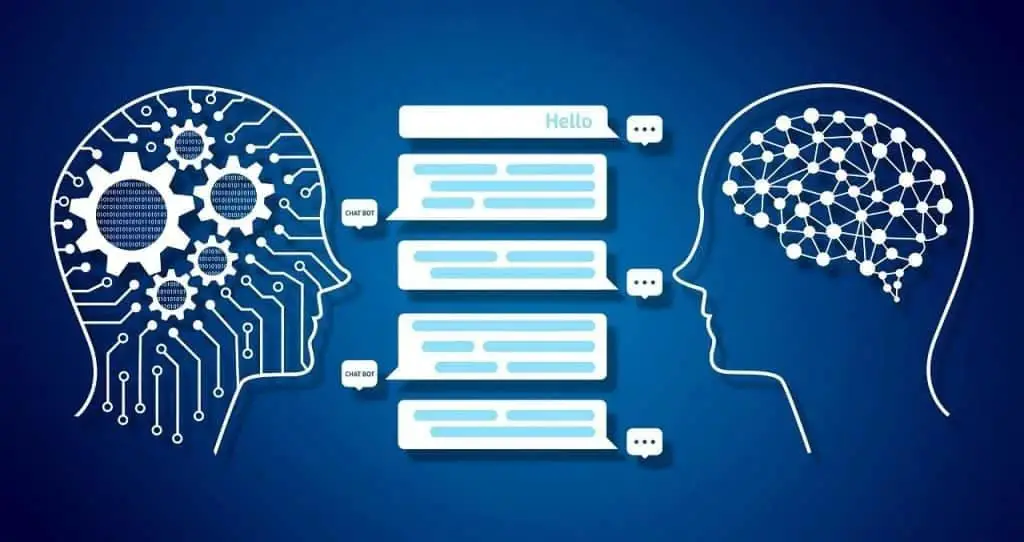Tech
What Is Natural Language Processing (NLP) And How Does It Work?

What Is Natural Language Processing (NLP)? – The interaction between human language and computers is the focus of the developing subject of computer science known as natural language processing (NLP).
Artificial intelligence (AI) is a branch that focuses on creating computational models and algorithms to comprehend, interpret, and produce human language.
In this article, we’ll examine the fundamentals of NLP, its operation, and its applications across a range of fields.
What Is Natural Language Processing (NLP)?
A subfield of computer science called “Natural Language Processing” (NLP) enables machines to comprehend, decipher, and produce human language.
It entails creating computational models and algorithms that can evaluate and handle natural language data similarly to how people do.
Several sectors, including healthcare, banking, e-commerce, and education, now depend heavily on NLP.
History of NLP
The concept of building machines that can comprehend human language was first put forth by computer scientist Alan Turing in the 1950s, which is when NLP first emerged.
Since then, scientists have been creating computer models and methods to enhance NLP.
Several NLP models were built on Noam Chomsky’s transformational grammar theory in the 1970s. NLP was improved in the 1980s and 1990s using statistical models and machine learning methods.
How NLP Works?
Pre-processing, parsing, semantic analysis, and pragmatic analysis are only a few of the processing stages involved in NLP.
Pre-processing
The natural language data must be cleaned and prepared for analysis by pre-processing. This include eliminating stop words, changing the text’s case, and removing punctuation (such as “the” and “and”).
Parsing
In parsing, the natural language data is dissected into its individual words, phrases, and sentences. Many methods, including dependency parsing, statistical parsing, and rule-based parsing, are used to do this.
Semantic Analysis
Understanding the meaning of the data in natural language is necessary for semantic analysis.
This entails classifying the data, extracting pertinent information, and identifying entities (such as persons, places, and organisations).
Contextual Analysis
Pragmatic analysis entails understanding the context in which the natural language data is being used.
Identifying the speaker’s objectives, the audience, and any cultural or societal elements that can affect the interpretation of the data are all part of this.
NLP Applications
NLP has several uses, including the following:
Sentiment Analysis
Sentiment analysis examines natural language data to ascertain the attitude or viewpoint of the author. To determine consumer happiness and enhance goods and services, this is utilised in sectors like marketing and customer service.
Chatbots
Computer programmes called chatbots can have natural language conversations with people. They are used in customer service, e-commerce, and other businesses to provide automated assistance and support.
Speech Recognition
Voice recognition entails text conversion of spoken language. This is used to translate financial documents and medical information in sectors like healthcare and finance.
Machine Translation
Data in natural language is translated from one language to another via machine translation. This is utilised to offer multilingual support in the travel and e-commerce industries.
Text summarization
The process of text summarization entails condensing lengthy summaries. This saves time and extracts important information in journalism and research.
NLP Challenges
The following are the benefits of the following proposition:
Ambiguity
Natural language is frequently ambiguous and open to various interpretations. This makes it challenging for computers to correctly interpret and evaluate human language.
Complexity
The complexity and wide range of human language rely on the situation, the culture, and other elements. This makes it difficult for computers to accurately analyze and process natural language data.
Data availability
For efficient training, NLP models need a lot of data. Yet, gathering reliable data can be challenging and time-consuming.
Future of NLP
New advancements and applications are constantly being made in the field of NLP, which is quickly expanding.
Over the coming years, developments in machine learning, deep learning, and neural networks are anticipated to significantly enhance NLP.
Improved sentiment analysis, better machine translation, and smarter chatbots and virtual assistants are some anticipated NLP uses in the future.
Conclusion
The intriguing discipline of computer science known as natural language processing (NLP) has the potential to completely change how humans interact with machines.
NLP can advance sectors like healthcare, finance, and e-commerce by creating algorithms and computational models that can evaluate and handle natural language data.
NLP still has problems with ambiguity, complexity, and data accessibility. The future of NLP appears promising as technology develops and new advancements and applications are predicted to appear.
RELATED CTN NEWS:
Relativity Space Launches World’s 1st 3D-Printed Rocket ‘Terren 1’, But Fails To Reach Orbit
What Is A Trojan Horse And How To Protect Your Computer From Trojan Horses?
How To Download Instagram Videos: The Ultimate Guide


































